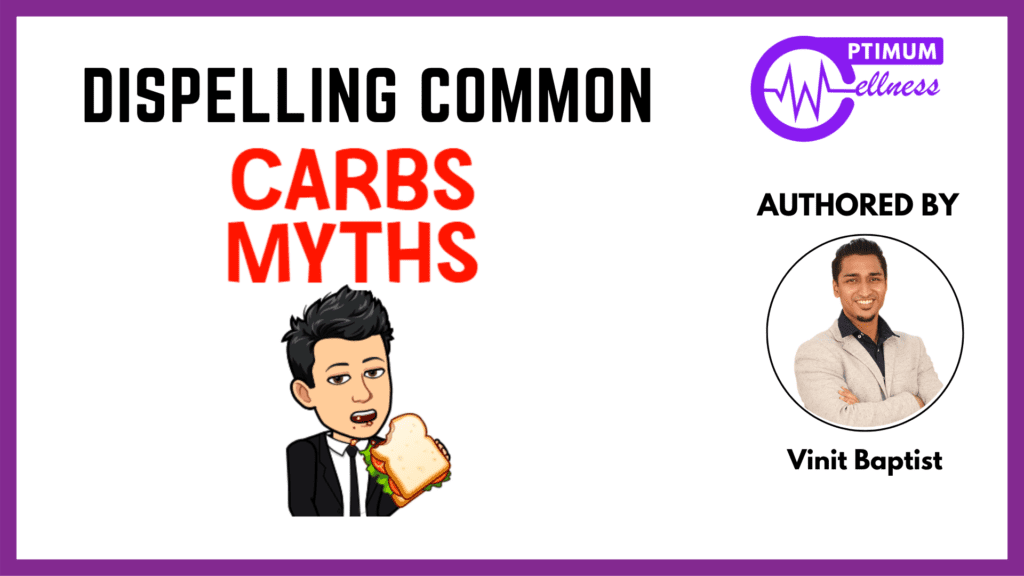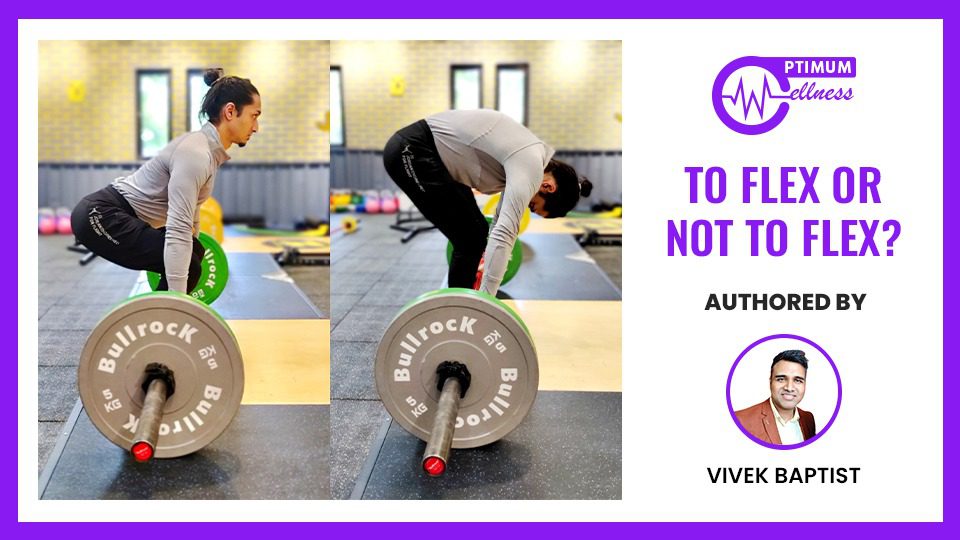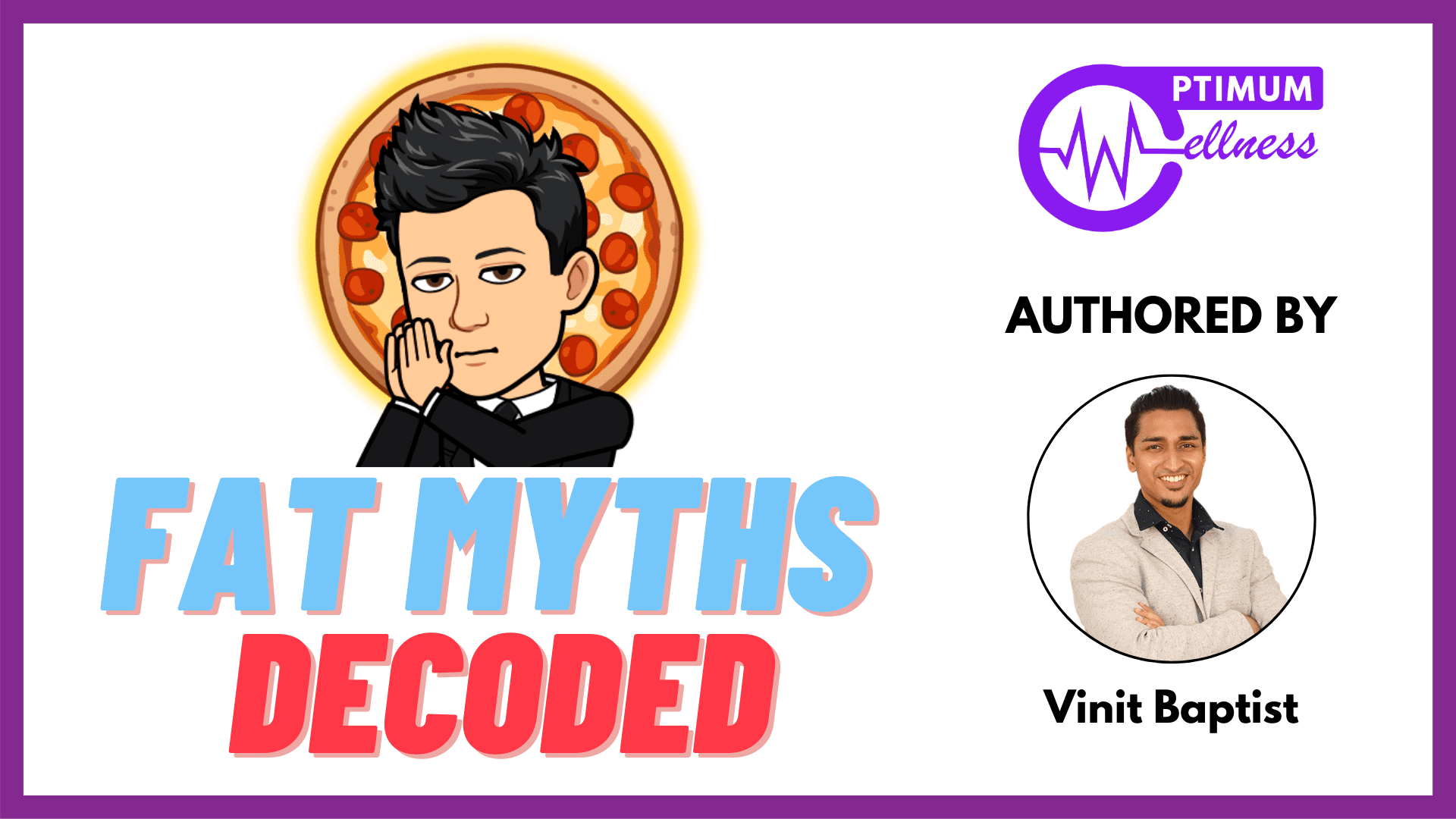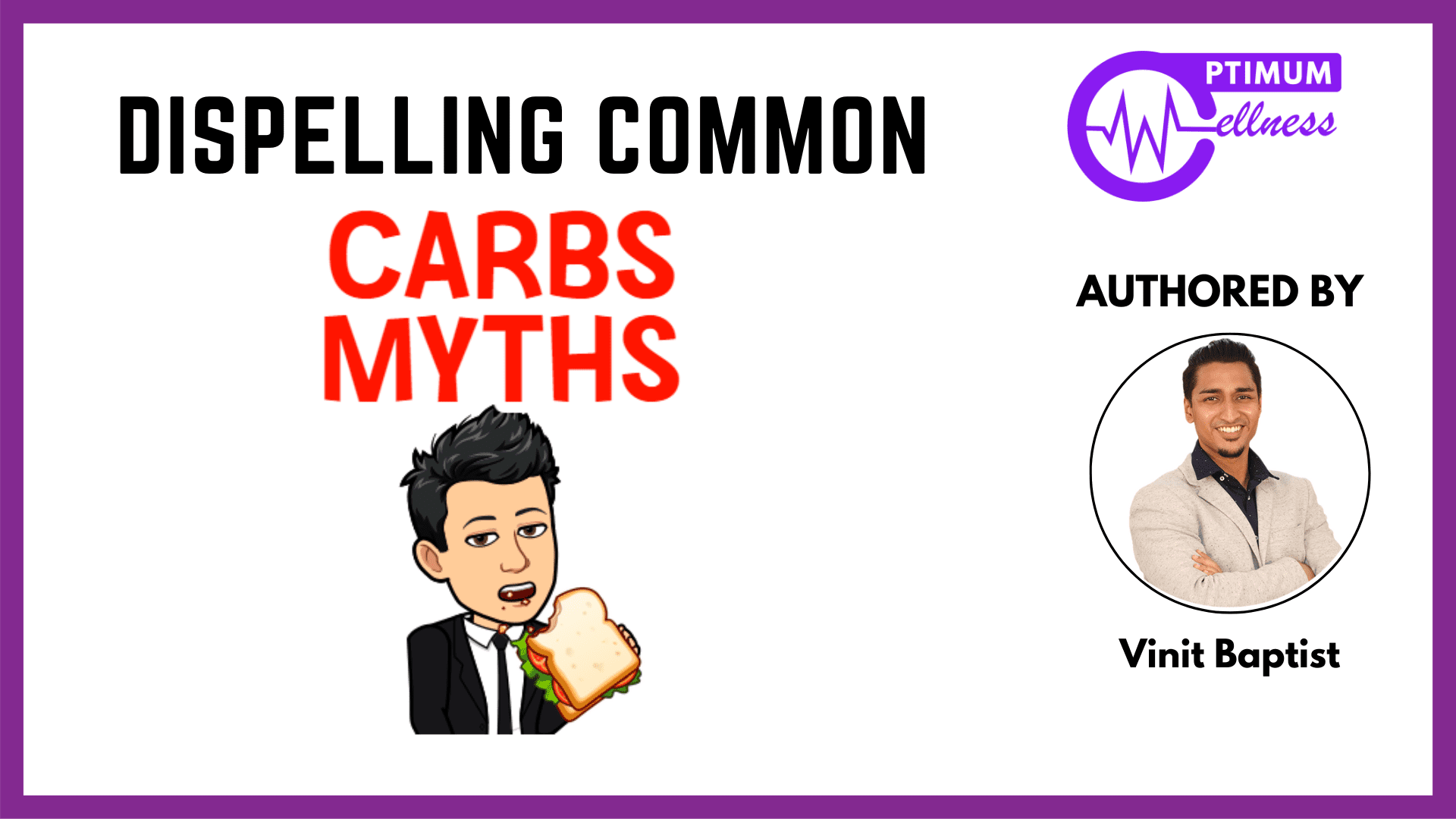
Tarted becoming an issue just as she began stressing about
Introduction As fitness is an extremely diverse sphere, goals vary from person to person. We’re proud to say that our

Carbs have always been the dietary enemy, especially for those trying to lose weight. But, at the same time, there are also a lot of misconceptions about carbs. For example, carbs are just as important as protein and healthy fat, but most people fear and avoid carbs. Contrary to popular belief, carbs are a much larger food group that goes beyond pasta, pizza, bread, and rice.
Here, we debunk some of the major myths about carbs and how you can add the right ones to your diet.
The idea that consuming carbohydrates at night will make you more likely to gain fat or make it harder to lose fat is false. Carbs, no matter when you eat them, are not automatically fattening. Your weight gain depends on whether you’re eating more calories than you’re burning (caloric surplus) for an extended period. However, we’re not saying that everyone should eat the vast majority of their carbs at night. Spread it out in the right proportions, folks!

There are many myths and stigmas surrounding diabetes, one of which is that sugar causes the disease. However, this is not true. Eating sugar does not directly cause diabetes. Diabetes is a result of too much blood sugar or blood glucose in the blood, but sugar in isolation is not the direct cause of the disease.
However, if you’re constantly in a calorie surplus, it can lead to weight gain. This additional weight, combined with insulin resistance, can over time develop into prediabetes. If left untreated, prediabetes usually progresses to type 2 diabetes within 5-10 years.

While a low-carb diet may help lower insulin levels, which can be useful for people with diabetes, cutting down on carbs does not lead to greater body fat loss. When you reduce or completely remove carbs from your diet, your body will rely on fat as an energy source or body fuel; however, it will not lead to significant body fat loss.

Your body will burn fat and carbs during a workout. Carbs are the primary energy source for your body and brain. However, what matters the most is the type of carbohydrate you eat. Complex carbs are a better choice than simple carbs. Complex carbs include whole grains, legumes, oats, and beans.

Although fruits contain carbohydrates, they are also a good source of vitamins, minerals and fibre. This means that they can still be a part of a healthy diet, but it’s important to eat them in moderation.
Fruits should be eaten in controlled portions based on an individual’s calorie needs. For people with diabetes, low-GI fruits are a safe choice. It’s important not to eat too many fruits at once, especially if you have diabetes.

Suddenly you are craving chocolate, cake, doughnuts, candy…the list goes on. Surely this must mean that you’re craving sugar, right? No, that’s not the case. Sugar is just one part of the composition of the sweet food you’re craving. The additives, flavourings, and preservatives make your favourite food hyper-palatable. Very rarely will someone just crave refined, crystallised sugar alone.
You can eat carbs after a workout if your goal is to replenish glucose stores. However, carbs do not play a direct role in muscle protein synthesis post-workout. Eating protein-rich foods and protein shakes is enough to encourage muscle protein synthesis.
The carb-phobia has sky-rocketed due to the controversial hypothesis known as the carbohydrate-insulin model of obesity. It is a common misconception that only carbs cause an insulin spike and cause weight gain. But all macronutrients spike your insulin level at some point. For example, whey protein spikes insulin more than white bread.
The Glycemic Index (GI) doesn’t tell the entire story. Its ranking system is criticised for not reflecting the overall healthfulness of the food. The glycemic index sometimes gives some healthy carbohydrates a poor score while promoting other, less-nutritious foods.
One of the issues with the index is that it tests carbohydrates alone to derive a GI score, ignoring the fact that carbs are rarely eaten in isolation. Most are consumed as part of meals, including fat, protein and fibre – all of which can affect the absorption rate of the carbohydrate and, ultimately, its glycemic response.
There are many misconceptions about carbs that circulate in fitness society, but it’s important to remember that carbs are essential macronutrients that your body needs to function. Too much or too little of anything is always detrimental, so moderation is key. Giving up carbs entirely is not a realistic or sustainable option in the long term and can actually do more harm than good. Many people avoid carbs because they think it will make them gain weight, when in reality, weight gain is determined by calorie intake.

Introduction As fitness is an extremely diverse sphere, goals vary from person to person. We’re proud to say that our

Shrey had always been interested in fitness and nutrition. Working with a student as dedicated as Shrey is always a

Shrey had always been interested in fitness and nutrition. Working with a student as dedicated as Shrey is always a

HOW TANAY GOT SHREDDED DOWN TO 12% BODY FAT NAME – TANAY MONDAL OCCUPATION OR PROFESSION – FITNESS COACH START

VEGAN DOCTOR SANDEEP’S 6 MONTH TRANSFORMATION NAME – DR. SANDEEP GUPTAOCCUPATION ~ OPHTHALMOLOGIST (EYE SPECIALIST)START WEIGHT ~ 78KGSGOAL WEIGHT ~

Anoushka is a brilliant classical dancer who performs Odissi dance. Owing to disordered eating habits and personal issues, she ended

Like many, Kusum Melwani struggled to maintain weight due to a poor lifestyle and health issues. She recalls that her

As fitness professionals, most of us have had our share of those odd, unsolicited comments or personal messages from a

Fat loss is probably the most widely sought-after fitness goal. If you’re on your fat loss journey, you might end

Carbs have always been the dietary enemy, especially for those trying to lose weight. But, at the same time, there